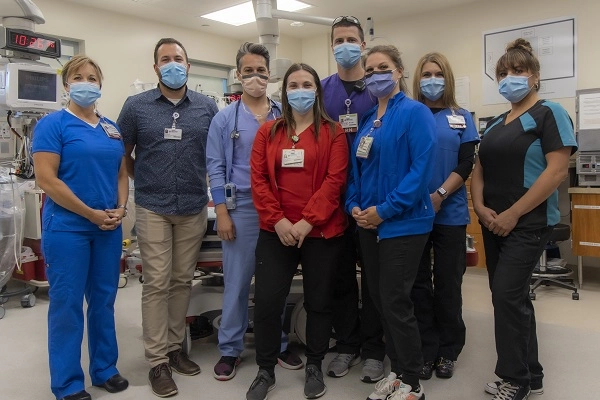-

A scholarly boost for father and son
Jon and Parker Deming, father and son, are both attending college to advance their medical careers. ...
-

Caring for emergency caregivers: Foundation creates successful resiliency program to fight employee burnout
“There is an emotional cost to selflessly caring for people who are themselves traumatized and distr...